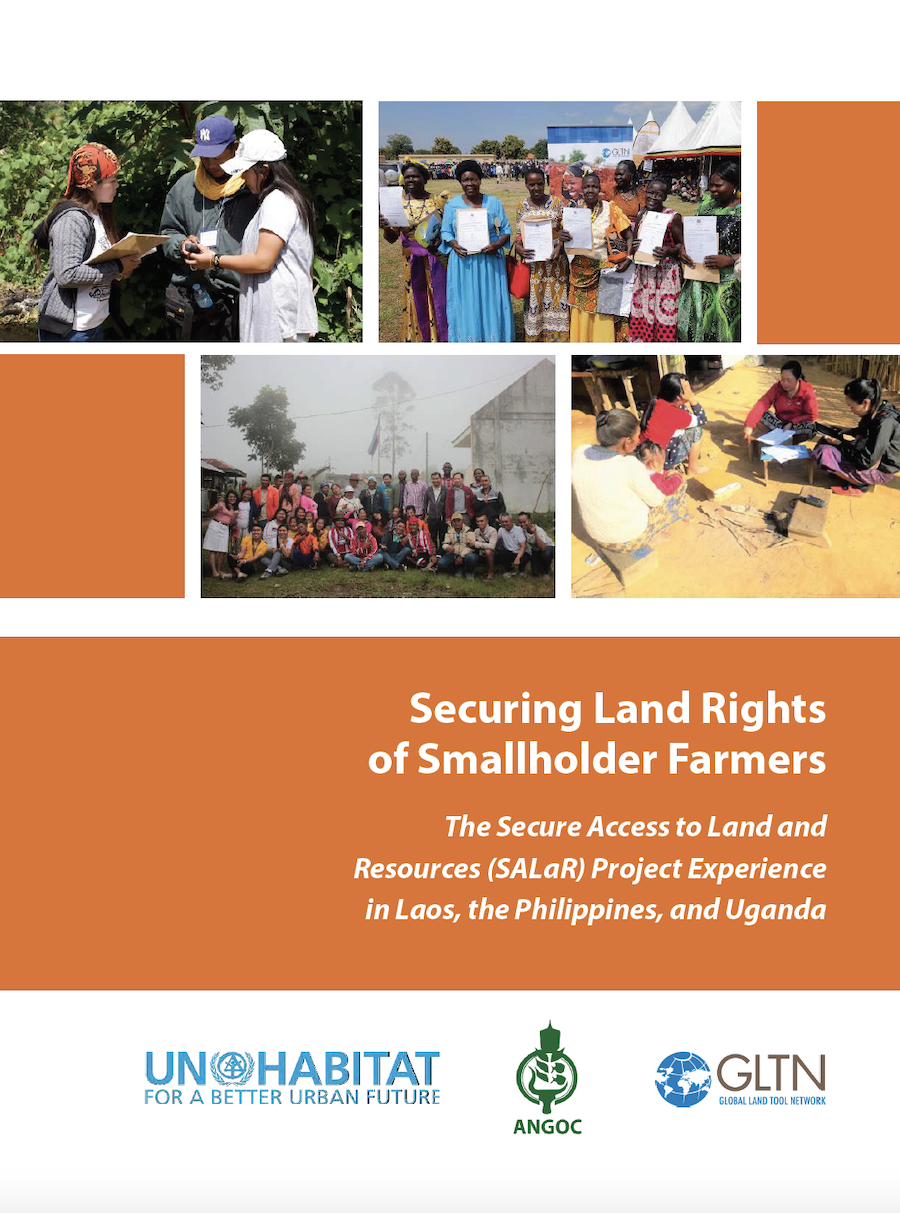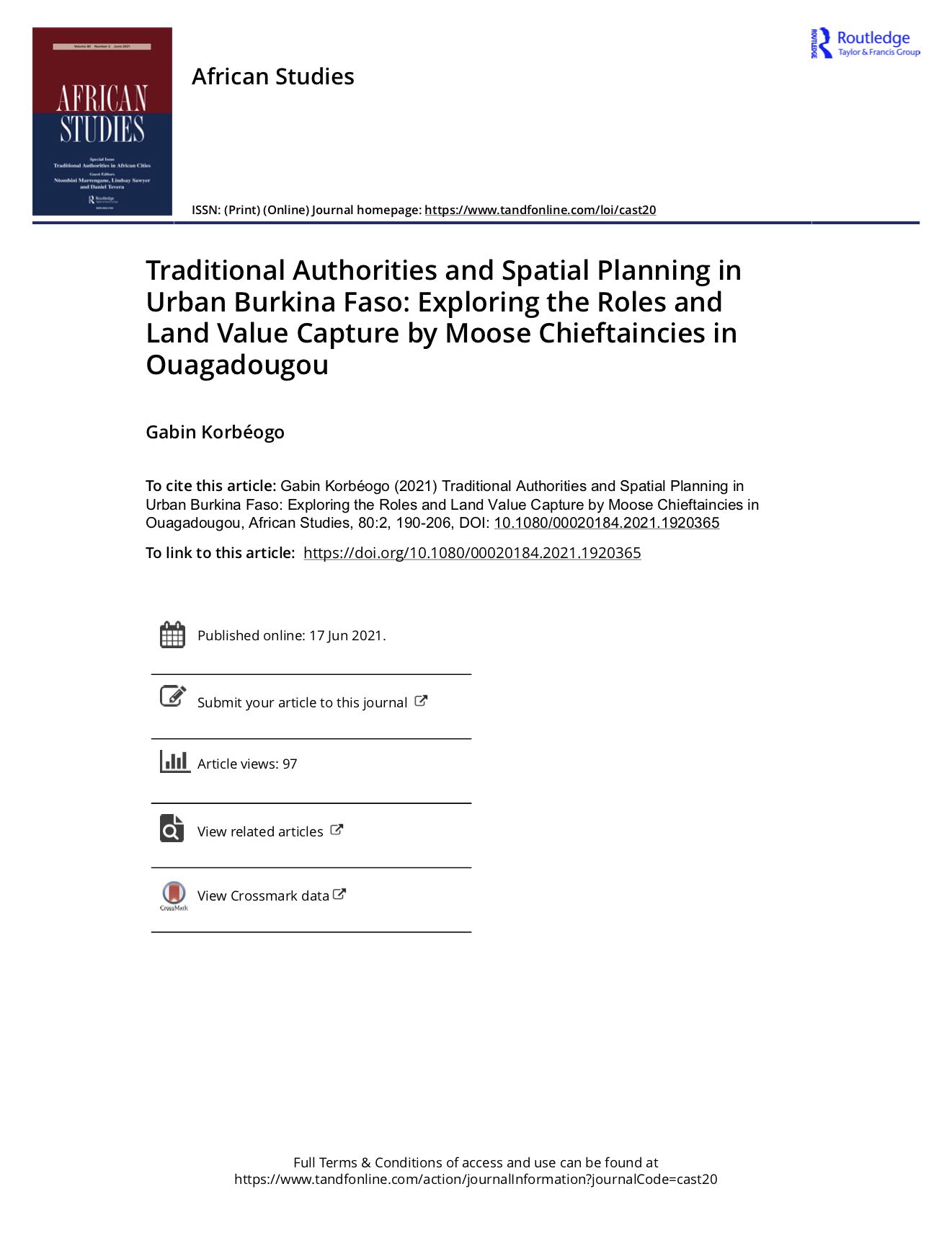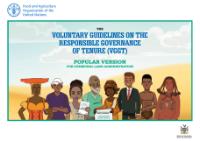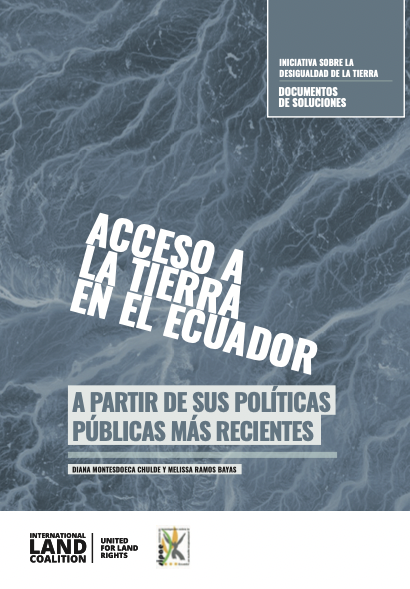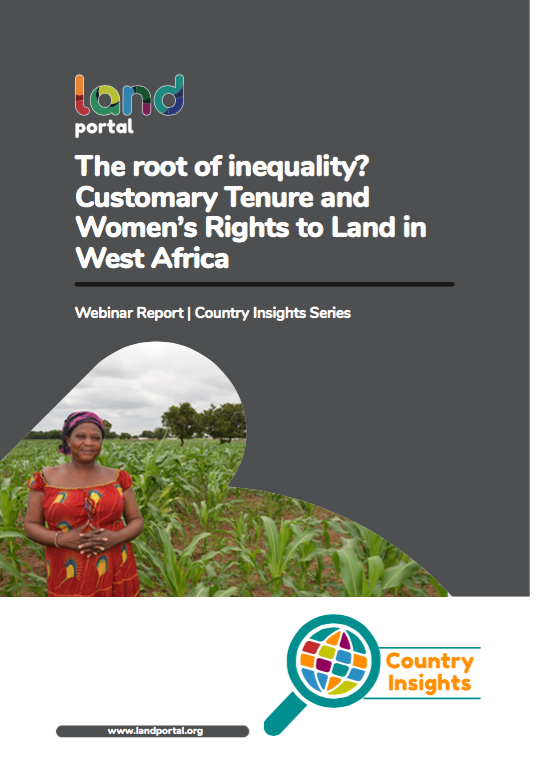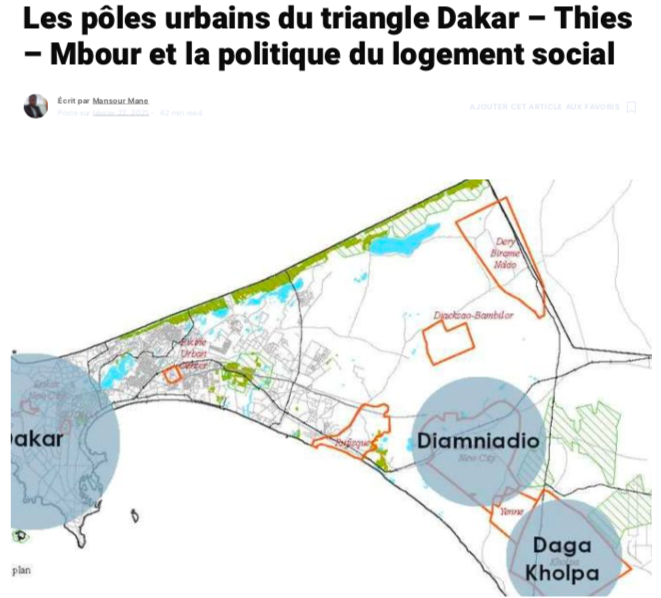Securing Land Rights of Smallholder Farmers
This report summarizes the background, achievements and emerging outcomes of the Securing Access to Land and Resources (SALaR) project implemented towards improving land and natural resources tenure security for rural poor smallholder farmers, including women, men, youth and vulnerable groups in Uganda, Philippines and Laos.

